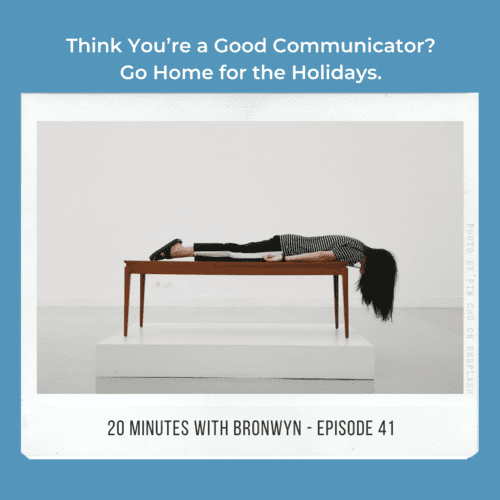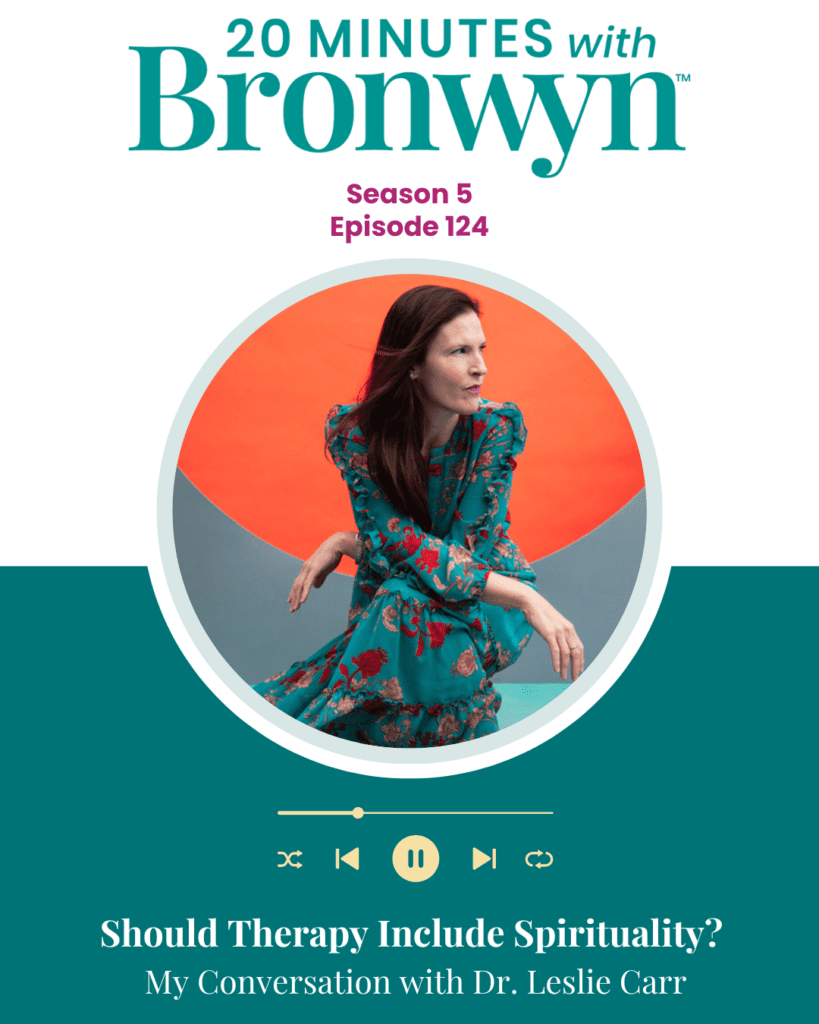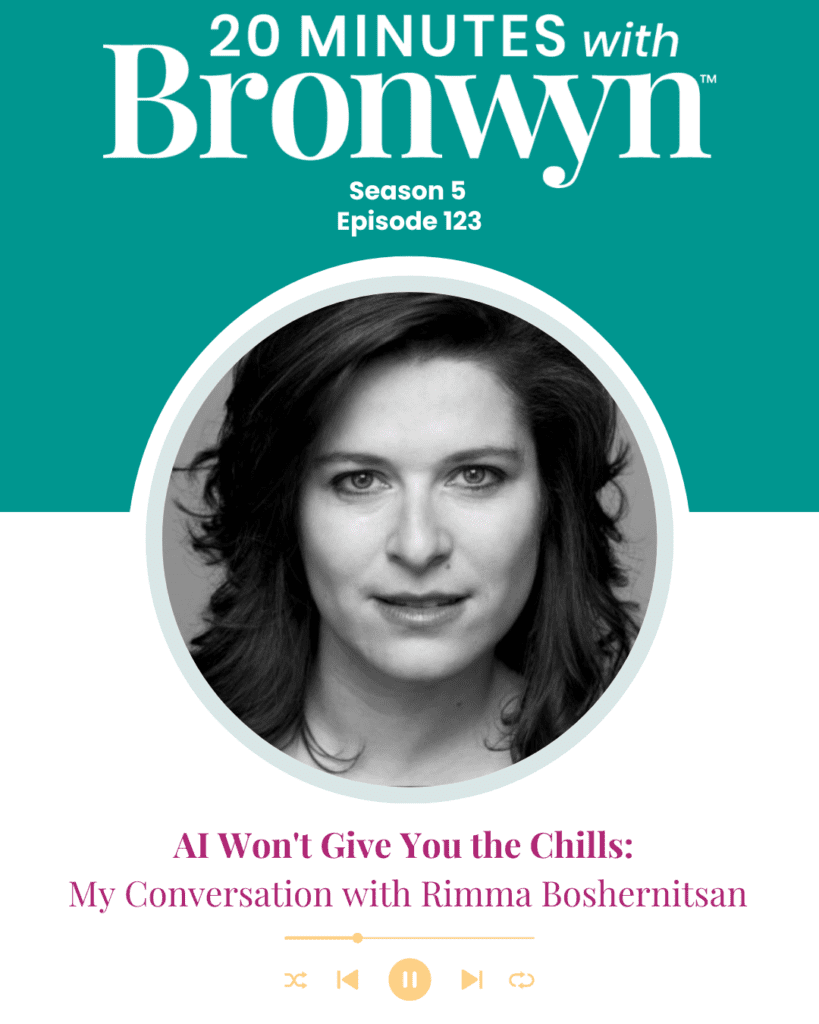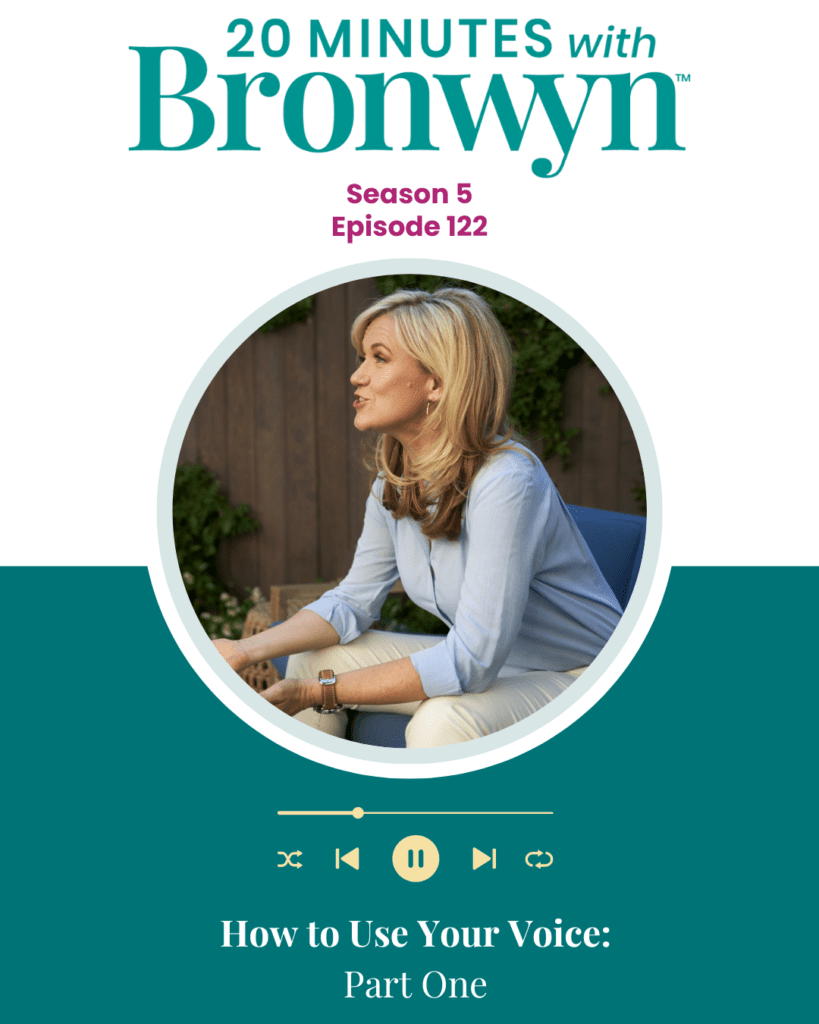Ram Dass once said,
“If you think you are enlightened; go home for Thanksgiving.”
Or Christmas, or Hanukkah, or Easter, or anytime for that matter.
For the lucky among us, the holidays entail drama of the logistical sort—missed flight connections, suitcases that are just over the weight limit, gifts to be purchased and passed around.
But for some of us, the holiday drama is entirely relational, playing out in conversations and in unspoken energy transmitted from one human heart to another. For some of us, The Holidays mean someone’s gonna end up in tears, or storm off early, or both. All before dessert.
In our “real lives” we are compassionate, warm, and generous—and we do our best to communicate from this place. But put us into the house we grew up in, or with the people who raised us, and all hell breaks loose. We become short-tempered. Judgmental. Defensive. Or petty and hyper-sensitive to every perceived slight.
If you’re nodding your head, I’m guessing you are someone who is in the process of intentionally creating a life that is different from that of your family of origin. You have a sense of hope about what you can make of your life. Or if you’re further down that path, you might even be feeling proud about the life you’ve created.
But here’s the thing about the holidays: when we re-enter the past lives we have worked so hard to evolve beyond, our more evolved “Self” seems to dissolve … giving way to the smaller, meaner, more frightened version.
And when you find yourself engaged in the same old toxic communication patterns, responding to siblings or parents in the same limiting, infuriating ways as you once did, you’re just as angry at yourself as you are at your tribe. Because you took the bait. You fell for their shenanigans.
But what if this time it’s different?
What if THIS holiday season, we try something new?
This “different” begins with one giant step:
Step One: Let go of any fantasies you have about the holidays with your family of origin.
In fact, make this December a No Expectations Zone—without setting positive or negative expectations.
Expectations only cause misery and suffering, and are really just a thinly veiled attempt to control an environment that is completely beyond your control. Expectations set your loved ones up for failure before they’ve even had the chance to show up to the party.
We think … “This time will be different. This time will be cozy and cute and we’ll eat and drink and be merry. I’ll put on my Motown Spotify mix, and everything will be cool, and no one will zap me with their harsh words and judgements.”
But Amen, Amen! I say unto you: there is no Spotify mix to cure crazy. There is no outfit, no suede boot, no artisanal cocktail, no board game that will cure what ails our families of origin.
And in fact, I’d like to suggest that your job isn’t to cure or rescue or rehabilitate your family. As the wise Elizabeth Gilbert once said, (and I’m paraphrasing here): Leave ‘em be.
It is a free country, and they are getting their groove on.
But what your job could be …. Your mission, should you choose to accept it, is this:
Accept these imperfect people as they are.
Make December the month in which you love the family you actually have, vs. the family you wish you had.
If you’re wondering, My GOD, how does one accomplish such a thing?
First of all, there is no “accomplishing” happening here. This is about learning a new practice.
You’ll have good moments that make you proud of yourself and your personal evolution, and moments where you will feel like a petulant child. It’s all good. It’s all part of the practice.
Ok. So no expectations. Got it? Ok, let’s move onto Step Two:
Step Two: Refinance Your Agreements
When interest rates change favorably for homeowners, they refinance their loans. Why? Because as the Dude says in the The Big Lebowski, “Some new shit has come to light, man.” Same applies here. If your family of origin causes you tremendous emotional and psychological pain, maybe a week spent in close proximity in that ski town no longer works for you. I don’t care if it’s at the Ritz Carlton. I don’t care if it’s a 30-year tradition. If you turn into a screeching Nazgul around these people, it’s not serving you.
But you don’t necessarily need to pull the plug entirely … Maybe a week becomes 72 hours. Or 48. There are many good reasons for why you need to leave early. You have a demanding job. Guinea pigs who need lettuce. Hair masks need to be applied. Perhaps a sudden onset of diarrhea has felled you.
Allow just enough time to practice the yoga of family acceptance and love, without experiencing what my former colleague and hilarious friend Gina once called “Sudden Hate Syndrome.”
Or maybe your situation isn’t that extreme. In my case, my holidays are now spent, for the most part, in ways that bring me joy—and let me tell you that is by careful design. There are very few toxic dynamics at play in my middle-aged life. But, as an introvert/only child, my holidays can be taxing emotionally just given the length of time my husband’s family likes to gather together. My introvert self can really only handle about 4 hours of conversation and group togetherness. But Sal’s family often gathers for 6 or even 8 hours depending on the holiday.
A few years ago, I noticed just how triggering this was for me, especially at Thanksgiving, and how by the end of the night I was seething. No one had said or done anything triggering, it was just that I wanted to go home, and felt I couldn’t without hurting someone’s feelings. So, I came up with a solution: spend the first half of the holiday with my best friends, and then arrive at my in-law’s house fully charged and ready to rock. And that is exactly what I now do every Thanksgiving. I wake up early, and head to Sonoma. I have one Bloody Mary or mimosa, I spend 2 or 3 hours clirping* at my Blanches (who spend every Thanksgiving together), and then I drive to my in-laws’ house in perfect silence. I arrive with a big smile on my face, and a genuine delight in spending the next four hours with my people.
Refinancing your agreements means you accept full responsibility for your participation in the family reindeer games. You can no longer play victim, because you have consciously chosen the level at which to engage, and are there of your own free will.
Here’s the thing: refinancing your agreements around The Holidays is a radical act of self-compassion. You refinance and renegotiate because your heart needs you to. Full stop.
*In case you don’t have a Bronwyn-to-English Dictionary handy, I thought I’d disclose the meaning of the word “clirping” used in the paragraph above.
Clirping: verb (gerund) speaking, chatting, and laughing good-naturedly. This word has been a part of my verbal repertoire for nearly two decades. I discovered it written on the side of a pencil case in Japan Town in San Francisco. It said, “Day is lovely. Sun is shining. Grass is growing. Birds are clirping.” From that moment on, I adopted this term and made it my own.
Step Three: Notice the Patterns, Then Make a Plan
Successfully navigating tricky familial waters means getting crystal clear about the patterns of behavior that play out. Usually we are so triggered by the situation, we fail to see just how predictable everyone’s behaviors—including our own—actually are. When we treat those behaviors as fresh wounds, as never-before-seen sneak attacks, then our psyches coil-up like Cobras, ready to inflict maximum damage.
But what’s actually going on is a well-established pattern of cause and effect. Action and reaction. What is actually going on is often boring and hardly worth the spike in cortisol and the elevated heart rate.
**And just to be clear, I am not addressing physical abuse of any kind. If you ever feel that your physical safety is at risk, get out and get help. Get safe. Ok?
So, right now, I want you to choose your most problematic family member or dynamic to work with. What are the patterns? What tends to trigger your rage, or your sadness? Make a list.
When I did this exercise recently, I was relieved and delighted to see that someone who causes me maximum angst is only engaged in a single communication narrative: playing the victim. And no wonder I was triggered. I cannot STAND a victim narrative. It makes my skin crawl. And because it makes my skin crawl, I become short, contemptuous, or I withdraw completely.
These are not communication patterns I want to spend even a MOMENT engaging in. Once I identified my triggers and patterns, I developed a plan by asking myself:
What unmet need is being expressed by this person?
In my example, this person’s victim narrative was an attempt to receive sympathy. Not empathy, but sympathy.
When I wrote this down the first time I did this exercise, I was amazed.
All this person needs is my sympathy? That’s easy enough to give!
Instead of withholding and punishing this person for needing the sympathy, I accepted their need and gave it to them. And as I gave them the sympathy, I found I wasn’t able to locate any of my former rage, sadness, or despair. Those emotions just weren’t there anymore.
In this case, my plan was to meet this person’s need, but with limits. After all, my sympathy is a finite resource and if I’ve emptied it out, I’ma need some time away to refill and recharge (which we’ll get to in a moment).
But what if we don’t want to (or can’t) meet the need?
When my father was in the end stage of his life and I went to visit him, I noticed that he was kind and loving for the first 20 minutes of our time together. But something always happened at the 20 minute mark—he turned critical, and sometimes even cruel. The best I can figure is that he had a need to discharge his sadness, despair and anger at his situation onto someone else so that he wasn’t alone in holding onto it.
The problem was, I wasn’t in a position to meet that need. If he had said, Dammit I’m angry and hate the situation I’m in, I could have offered my heart felt empathy. I could have raged with him, cried with him. But unfortunately, he aimed all of the toxicity at me, and I didn’t want to be on the receiving end of it.
So, I would leave the moment he turned nasty. It was a survival mechanism that served me well. It allowed me to spend some time with him, without enduring excruciating criticism.
There are times when the only sane, healthy response to a negative pattern is to simply remove ourselves from it. And that is just how it has to be.
Step Four: Meet your own needs

Yes, I’m a bullet journal nerd.
Counter intuitively, the best way to survive a complicated Holiday ritual is to arrive with a very full cup. By that I meantake exquisite care of yourselfduring the month of December.
I know that sounds expensive, but it really doesn’t need to be.
Exquisite self-care means putting YOUR NEEDS at the top of your to-do list. In fact, I’ve started re-orienting mydailyto-do list to reflect a focus on exquisite self-care.
Normally, I just write down the date, and then list my tasks in menacing bullets. My “to-do” bullets are just one of four quadrants on the page. But now, I have “to-dos” and then I have “physical needs,” “spiritual needs,” and “intellectual needs” in the other three quadrants. This helps me prioritize things like exercise and meditation, and lets me carve out time to read the news in a more thoughtful way than just skimming headlines. I usually get the Sunday NYT and slowly consume it over the course of 7 days. By having my four quadrants vs. just one list of menacing bullets, I remind myself that my body, my spirit, and my mind are every bit as important to my “productivity” than the never-ending list of assignments.
In fact, here’s an experiment for you: during the month of December, do one thing every single day that is purely indulgent. It can be a sugary coffee situation. It can be marching outside to find three or four spectacularly colored leaves that have fallen on the ground, and bringing them in to sit on your desk as a reminder of how magical this season is. Your daily indulgence doesn’t have to be major. But it does have to be something that makes your heart sing.
For the past several Decembers, I have intentionally booked a massage on the busiest day I can think of: December 23rd. It’s the last day before shit gets real, and most people are at peak frazzle. Not me. You will always find me at a spa getting a 90-minute rub down. It is my small act of defiance, my courageous stand against insanity … my boldest move of exquisite self-care. And if I’m really feeling sassy, I take myself to a movie. One year I sat and watched Reese Witherspoon in the movieWildand cried my eyes out in the privacy of a near empty theater. It was HEAVEN I tell you.
What will be your plan for exquisite self-care for December? Stick to it, whatever it is. Because the days of you arriving at your holiday gatherings like someone who has just completed mile 20 of a 26.3 mile marathon? Those days are OVER.
Step Five: Make Like Tommy
My father died in January of 2018, and that March I took my daughters to see the CMT Mainstage performance ofThe Who’s Tommy. I was in awe of the production and the talent of the teenagers crooning legendary songs likeAcid QueenandPinball Wizard.But I was reduced to salt water in the final performance ofListening to You.
In case it’s been a while, or if you never heard the album or saw the stage production,Tommyis a rock opera about a little boy who witnesses a murder and is struck mute, deaf, and blind by the trauma. His destiny unfolds in strange ways, and the murder Tommy witnesses is just the beginning of the injustices he suffers at the hands of family and so-called friends.Tommyis about trauma. ButTommyis also a story of redemption and healing, as the young man comes to terms with a lifetime of pain and alienation. The performance ends with the songListening to You.
And in that final scene where he’s belting out the lyrics, Tommy embraces his father, his mother, and those who had wronged him. Tommy accepts these people exactly as they arebecause he suddenly and finally realizes the part each of them had to play in the story of his life. And he is grateful to them.
Grateful for the pain, the confusion, the trauma. Because the suffering lead him to illumination, compassion, and aliveness.
I sobbed as I watched Tommy because he has this awakening while his parents are still alive.
I cried because I didn’t get to experience my dad this way.
I cried because it gave me a new goal:
I want to see my people as Tommy saw his people as he sang Listening to You.
I want to see my family as they truly are:
Human beings doing the best they can with what they know.
Human beings who are loving me to the best of their capabilities.
I want to remember the other famous Ram Dass quote: “We’re all just walking each other home.”
May your holidays be opportunities to walk your people home. To walk yourself home.
Shine on, you crazy diamonds.
Current Obsessions
Followupthen

My email inbox is a thing of horror. I’m not good at managing my inbox. It is a source of tremendous shame for me. But recently I stumbled upon followupthen—a service that reminds you to follow up on emails at a certain time.
Simply cc: 2days@followupthen.com and voila! Two days later, you get a reminder to follow up. It is a VERY big deal for me these days, and in case you’re inbox is as bad as mine, it just might become your next very big deal.
How shall I say this … THIS BOOK BLEW MY MIND. THIS BOOK TOOK MY BREATH AWAY. THIS BOOK FOREVER CHANGED HOW I SEE THE WORLD. STOP EVERYTHING YOU’RE DOING AND BUY IT IMMEDIATELY. Ok. Sorry. Seriously though. Gladwell has outdone himself on this one.

Western Stars, Bruce Springsteen

When our schedules permit, Sunday mornings are pretty blissful at my house. My husband Sal puts on an album of some sort (he is all about listening to music just as the artist intended: as a full album), and everyone putters around and gets ready for the week ahead. Last weekend, Sal introduced us to the new Springsteen album Western Stars, and I was smitten (the kids were less so). Western Stars and Wild Horses are my two favorite tracks, and both songs represent The Boss at his best: they tell a tender, aching story in just a few chords.
















